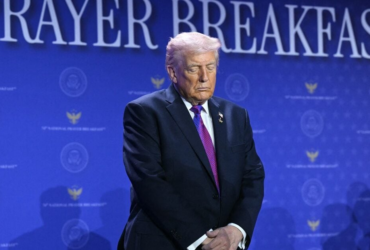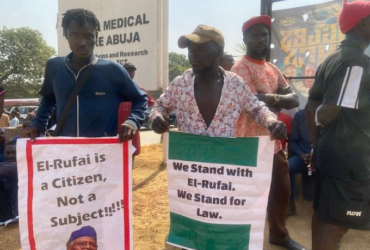The Supreme Court recently ruled on a case where 19 states challenged the constitutionality of laws establishing key anti-corruption agencies in Nigeria. The states involved in the case included Kogi, Kebbi, Katsina, Sokoto, Jigawa, Enugu, Oyo, Benue, Anambra, Plateau, Cross River, Ondo, Niger, Edo, Bauchi, Adamawa, Taraba, Ebonyi, and Imo.
Despite the involvement of Ogun and Nasarawa states in the case, their separate disputes regarding the Nigerian Financial Intelligence Unit guidelines were also dismissed. Six of the states later withdrew from the case, but the Supreme Court’s decision applied to all 19 plaintiffs.
The court, led by Justice Uwani Abba-Aji, unanimously dismissed the suit, stating that the laws establishing the anti-corruption agencies were validly enacted by the National Assembly. The judgment clarified that the EFCC Act did not require ratification by state Houses of Assembly, as it was derived from a convention and not a treaty.
Additionally, the court affirmed the legality of the NFIU guidelines and stressed that laws enacted by the National Assembly are binding on all states. The judgment also upheld the investigative powers of the EFCC, ruling in favor of the Attorney General of the Federation.
In response to the ruling, counsel for Kogi State and the AGF’s representative expressed gratitude for the court’s decision, emphasizing the importance of anti-corruption efforts in Nigeria.














Leave a Reply